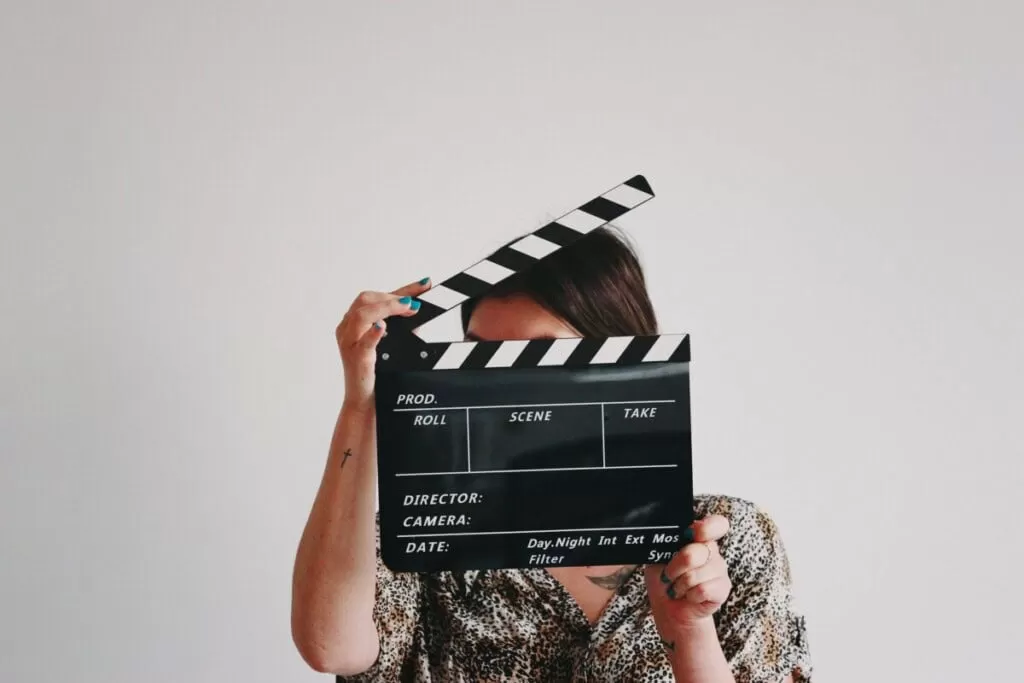If you have a passion for acting and dream of making it big in the entertainment industry, having a self-tape studio in your home is essential. With the rise of self-tapes as a preferred method of auditioning, it’s crucial to have a professional setup to showcase your talent and land those coveted roles. In this article, we will discuss 18 tips for building a self-tape studio in your home, with insights from experts in the field.
1. Choose the Right Space
The first step in setting up a self-tape studio is choosing the right space in your home. It should be a quiet and well-lit room, preferably with neutral-colored walls. Avoid rooms with windows as they can create unwanted shadows and affect the lighting.
2. Invest in Good Lighting
Lighting is crucial in creating a professional-looking self-tape. Experts recommend using three-point lighting, with one light placed at the front and two at the sides to create a well-lit and evenly distributed light on your face.
3. Use Natural Light
If you don’t have access to professional lighting equipment, using natural light can be a great alternative. Position yourself facing a window, and use a reflector to bounce the light and fill in any shadows.
4. Consider Soundproofing
A quiet space is essential for recording a self-tape, as any background noise can be distracting. Consider soundproofing the room with acoustic foam or blankets to absorb any external noise.
5. Use a Solid Background
Having a solid-colored background, such as a white or gray wall, is recommended for self-tapes. This helps keep the focus on you and avoids any distractions.
6. Choose the Right Camera
While a professional camera is ideal, most smartphones have high-quality cameras that can produce great results. Make sure the camera is positioned at eye level and use a tripod for stability.
7. Test Your Audio
Good audio is just as important as good lighting in a self-tape. Use a microphone or a lapel mic to ensure your voice is clear and audible.
8. Invest in a Good Editing Software
Having a good editing software can make a significant difference in the quality of your self-tape. It allows you to add titles, trim the video, and adjust the lighting and audio levels.
9. Practice Makes Perfect
Before recording your self-tape, make sure to rehearse your lines and movements. This will help you feel more confident and comfortable in front of the camera.
10. Use a Reader
Having someone read the lines with you can make the self-tape more engaging and natural. Make sure to choose someone who can act and deliver their lines convincingly.
11. Dress Appropriately
Wearing the right outfit can make a big difference in how you come across on camera. Avoid busy patterns and loud colors, and opt for solid colors that complement your skin tone.
12. Keep the Background Simple
Avoid having any clutter or distractions in the background. Keep it simple and clean, with minimal props or furniture.
13. Use Props Wisely
If the audition requires you to use props, make sure they are relevant and necessary. Avoid using props just for the sake of it, as it can come across as forced.
14. Consider Hiring a Professional
If you don’t have the resources or time to set up a self-tape studio yourself, consider hiring a professional. They can provide all the necessary equipment and expertise to create a high-quality self-tape.
15. Be Mindful of Your Framing
Make sure to frame yourself from the waist up, with enough headroom and space on the sides. This allows the casting directors to see your facial expressions and body language.
16. Keep Your Performance Natural
Avoid overacting or trying to be someone you’re not. Be yourself and let your natural talent shine through.
17. Don’t Be Afraid to Do Multiple Takes
It’s natural to make mistakes, so don’t be afraid to do multiple takes until you feel satisfied with your performance. This also allows you to experiment with different approaches and find what works best for you.
18. Have Fun!
Lastly, remember to have fun and enjoy the process. Acting is all about expressing yourself and having a creative outlet, so don’t let the pressure of auditioning take away from the joy of performing.
In conclusion, having a self-tape studio in your home can greatly benefit your acting career. With these tips from experts in the field

